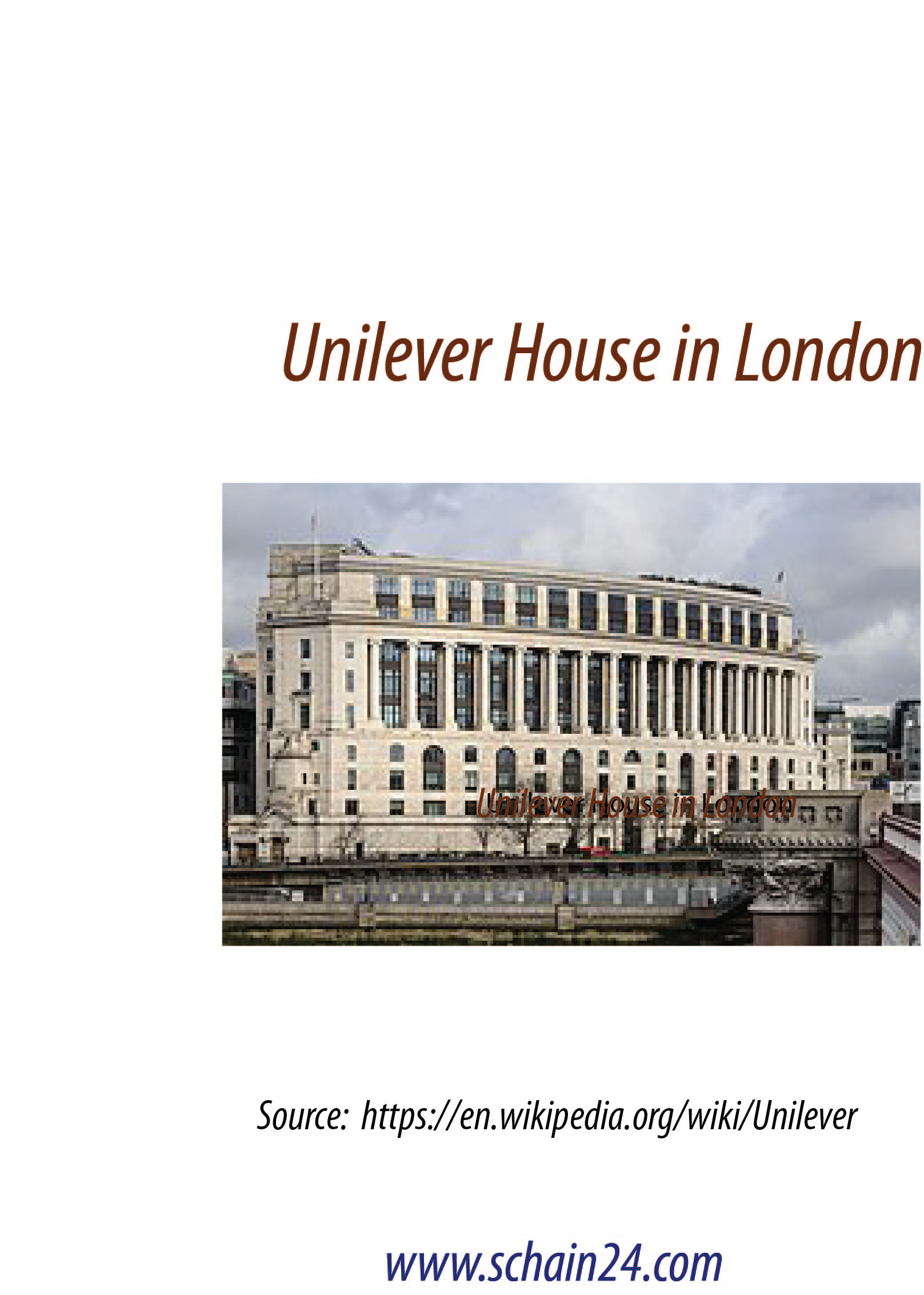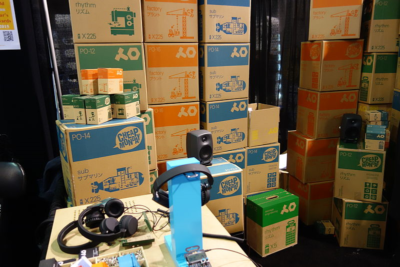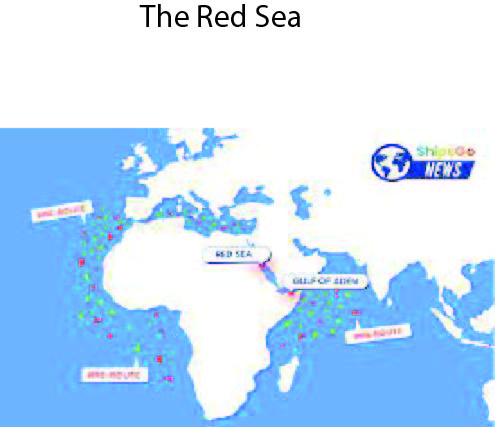Abstract
Unilever’s vast operations require a robust SCM to manage the flow of materials across continents and the company is committed to sustainable sourcing practices. Unilever’s supply chain management includes advanced technologies and lean manufacturing principles to optimize production and minimize waste. The company also uses a sophisticated logistics network for timely delivery of products and is embracing digital technologies to enhance supply chain visibility and efficiency, including the use of IoT sensors, AI-powered analytics, and blockchain. Unilever is a pioneer in sustainable practices, such as palm oil sourcing and achieving zero waste to landfill status in many factories, showing its commitment to environmental sustainability. Suppliers who meet Unilever’s criteria for climate leadership can sign the Unilever Climate Promise to demonstrate their commitment to sustainability.
Keywords: Unilever’s Supply Chain Management
Introduction
Unilever PLC is a British multinational consumer goods company, founded in 1929. It offers a wide range of products, including baby food, beauty products, and bottled water. As the world’s largest soap producer, it operates in over 190 countries. Unilever is organized into five business groups and has research and development facilities in many countries. The company has acquired numerous companies, including Lipton, Brooke Bond, and Imperial Chemical Industries. Under Paul Polman, the company shifted its focus to health and beauty brands. Unilever, a global leader in fast-moving consumer goods, has a complex and extensive supply chain. Unilever’s supply chain management (SCM) practices are widely regarded as a model of efficiency and sustainability.
Unilever’s corporate structure
Formerly the head office building of Unilever N. V. in Rotterdam now serves as the HQ for the merged group’s food and refreshments division. Unilever has a holding company Unilever PLC and N. V. with an Anglo-Dutch structure. In 2018, Unilever announced plans to centralize its legal entities by keeping just one headquarters in Rotterdam but later canceled the restructuring due to concerns about losing value for UK shareholders. In 2018, Unilever acquired a stake in an Italian personal-care business and a high-end eco-friendly laundry and household cleaning products company. It was named the ninth best private sector employer in the UK in 2018. In 2020, Unilever announced a merger of Unilever N. V. into Unilever PLC, forming one holding company in the UK, but had to reconsider due to the Dutch ‘exit tax’ plan. Shareholders in both the Dutch and UK arms voted in favor of the merger, leading to the completion of unification in November 2020.
Global reach and sustainability
Unilever’s vast operations necessitate a robust and efficient supply chain management to manage the flow of raw materials, finished goods, and packaging materials across continents. Unilever is committed to sustainable sourcing practices, ensuring that its raw materials are procured responsibly and ethically. This includes initiatives to reduce deforestation, promote fair trade, and support smallholder farmers.
Manufacturing Excellence and efficient logistics
Unilever operates a network of manufacturing plants worldwide, employing advanced technologies and lean manufacturing principles to optimize production processes and minimize waste. The company leverages a sophisticated logistics network, including its own fleet of trucks and warehouses, to ensure timely delivery of products to retailers and consumers.
Customer-Centric Approach and digital information
Unilever’s SCM is designed to meet the diverse needs of its customers, from large retailers to individual consumers. This includes efficient order fulfillment, accurate forecasting, and responsive supply chain operations. Unilever is embracing digital technologies to enhance the visibility and efficiency of its supply chain. This includes the use of IoT sensors, AI-powered analytics, and blockchain for traceability and transparency.
Sustainable Palm Oil Sourcing
Unilever has been a pioneer in sustainable palm oil sourcing, working with suppliers to implement responsible practices and reduce deforestation. Many Unilever factories have achieved zero waste to landfill status, demonstrating the company’s commitment to environmental sustainability. Unilever’s home care business has implemented a highly efficient supply chain, reducing lead times and improving product availability.
Unilever suppliers committed about climate related sustainability issues
Suppliers of raw materials, ingredients, and packaging that meet Unilever’s criteria for climate leadership can sign the Unilever Climate Promise to demonstrate their commitment to sustainability. Unilever works with implementation partners to accelerate climate action within the private sector. Suppliers who believe they meet the criteria can contact their Unilever Procurement contact to sign the Climate Promise. One company mentioned the natural progression from sharing product carbon footprint data with Unilever to signing the Climate Promise.
Conclusion
Unilever’s Unilever’s supply chain management is a model of efficiency, sustainability, and customer focus. The company’s commitment to sustainable sourcing and responsible practices sets a high bar for the industry. Unilever’s adoption of digital technologies is driving innovation and improving supply chain performance.
Reference:
1.https://www.unilever.com/suppliers/supplier-climate-programme/
2.https://youtu.be/kVSNuPUY6CI?si=4PXeWB-n0CYwUaAQ
3.https://rumble.com/v5vvwhe-how-to-describe-unilevers-supply-chain-management-excellence.html





